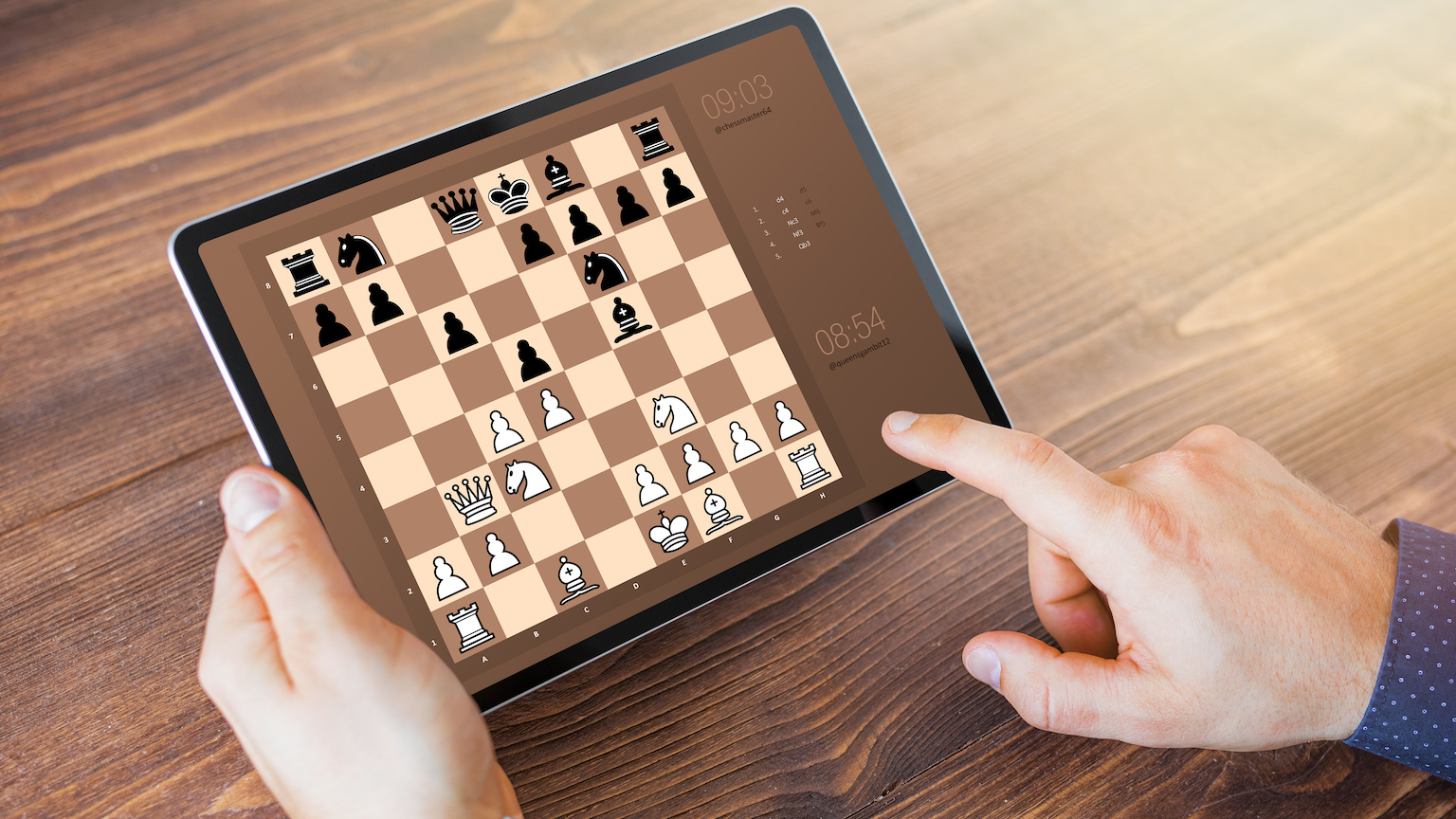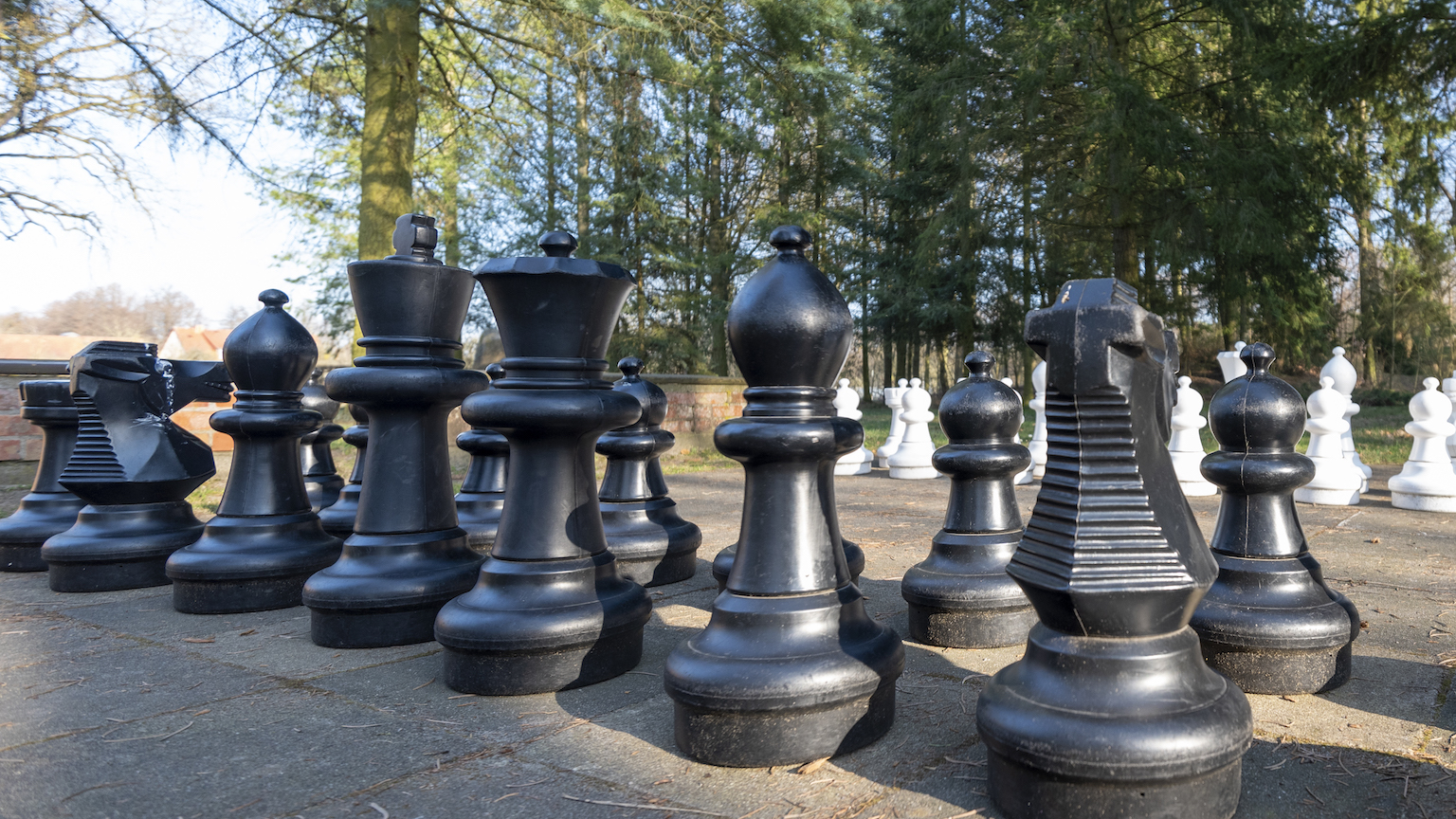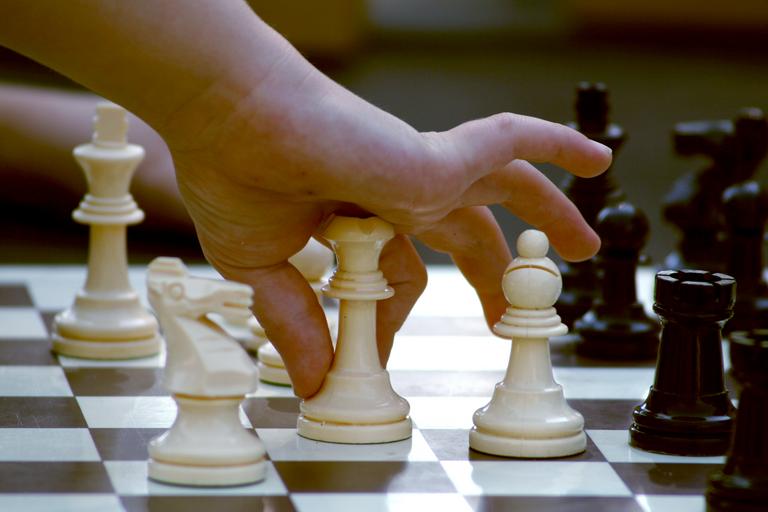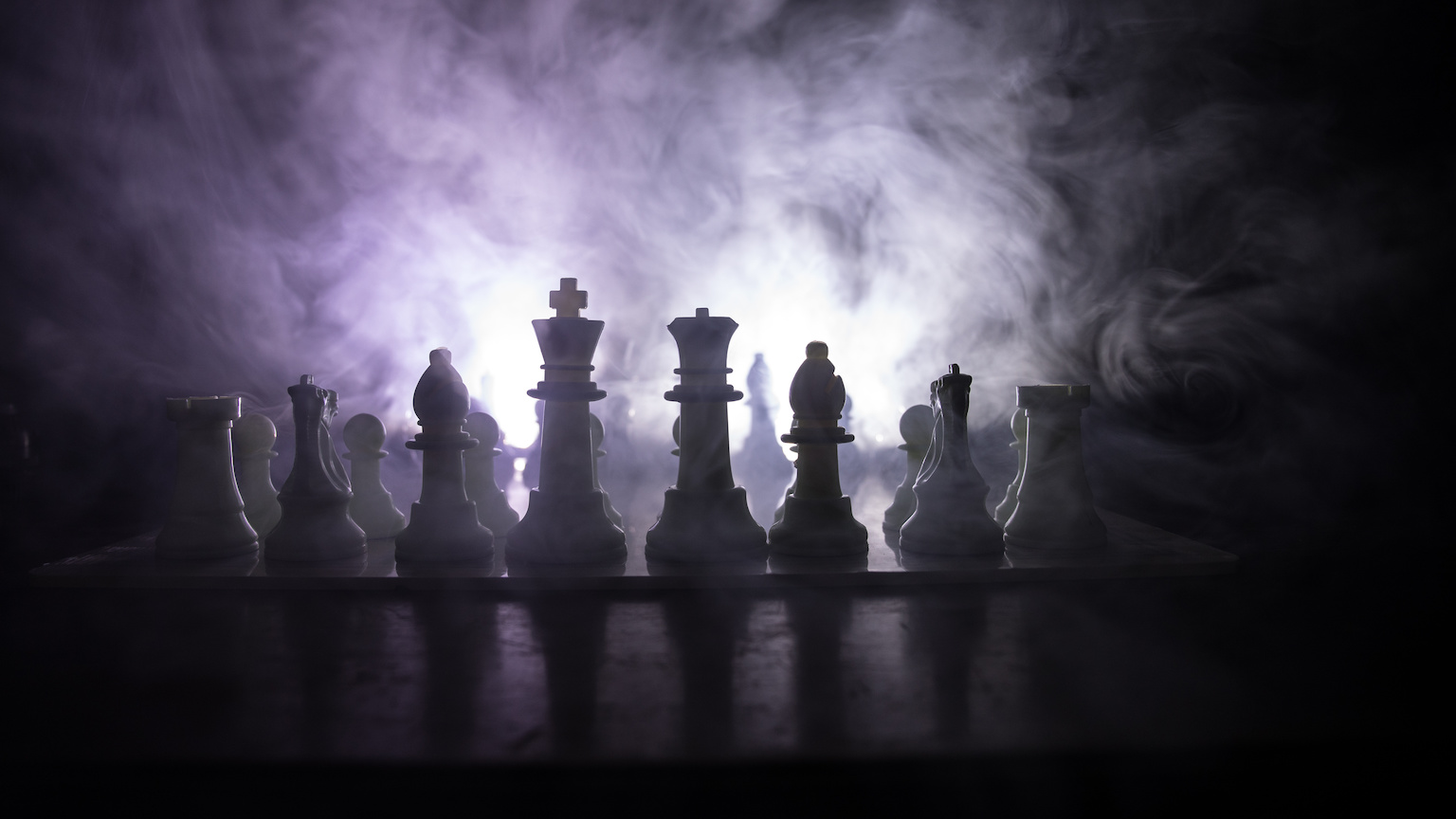Have chess computers destroyed the game?

- Many grandmasters believe that computers have changed the game of chess irreversibly and for the worse.
- Because of intense pre-game preparation using computers, many games are now formulaic and scripted, ending in lackluster draws.
- The rest of us need not worry; we aren’t that good at chess.
Magnus Carlsen, the 31-year-old Norwegian grandmaster, won the World Chess Championship in Dubai in dominant fashion last month, swatting away the challenge of his Russian opponent, Ian Nepomniachtchi. The title, Carlsen’s fifth, cemented his status as the greatest chess player ever to live. He has now reigned as world champion since 2013 and as the world No. 1 for more than a decade.
Shortly after the match, however, Carlsen announced that he may never again defend his title.
“It has been clear to me for most of the year that this world championship match should be the last,” Carlsen said. “It does not mean as much anymore as it once did.”
Carlsen has long been a vocal critic of the world championship format, which features slow, hours-long games known as classical chess. The format is prone to careful, plodding, exacting play and draws, which can elicit the rancor of impatient spectators and apparently the consternation of competitors. When asked about it in Dubai, Carlsen cited the maxim that if one cannot say anything nice, one shouldn’t say anything at all.
This frustration, and the champion’s potential withdrawal from the championship, is driven by machines.
Rise of the chess computers
Since world champion Garry Kasparov’s famous loss to IBM’s supercomputer Deep Blue in 1997, chess-playing machines have gotten light-years stronger. A free app on your smartphone could destroy the world champion nowadays. For humans, the machine has quickly gone from worthy opponent to superhuman demi-god. And while grandmasters don’t play against machines anymore, they do use them extensively to prepare.
A machine — Stockfish is one popular engine — can analyze your play, showing you where you might have improved. It can also analyze hypothetical play, showing you how to navigate safely and accurately deep into your next game. After one game at the world championship, for example, Nepomniachtchi said he had studied every single one of its moves in his pre-match preparation. An entire game had emerged, as if divined, from a machine and Nepomniachtchi memorized it and then played it on the board. All the while your opponent, of course, is doing exactly the same sort of preparation.
The effect of all this training is unprecedentedly strong play, sure, but it is play that often leads to bloodless affairs and draws — results which can seem preordained as players “stay in their prep” well into a game. And while it has yet to be mathematically proven, many suspect that perfectly played chess leads to a guaranteed draw.
This is the irreversible state of modern elite chess. Some grandmasters have said they would never have gotten into the game had they known how stark the computers’ impact would be. Chess was once art — a canvas on which players could express themselves and essay original ideas. Now, however, that art seems to have faded, with all elite human play bending like an asymptote toward the one ideal of the machine. The machine tells you instantly if your ideas are right or wrong; consequently, shades of color drain, and human styles disappear.
Make chess human again
Can we inject the “human” back into championship chess? Do we need to? Carlsen, for one, is a proponent of speed chess, those fast games that are now so popular online, as chess has transmogrified into a popular streaming e-sport. The truncated time in speed games reduces a player’s reliance on memory and forces them to turn instead to quicker instincts. Others have suggested more violent upheavals to the game, like Chess960. Named for the number of its possibilities, this chess variant starts with the pieces placed in random positions before the game, again forestalling computer preparation.
This dilemma may soon reach far beyond chess. In my new book, Seven Games: A Human History, I explore the histories and subcultures of classic games — checkers, chess, Go, backgammon, poker, Scrabble, and bridge. I also explore the impacts the computer has had on each. Games are small, tractable models of a complex real world, and therefore have been useful test beds for artificial intelligence for decades. The effects of AI in the world of games are just as potent and long-lasting as they will be in the “real world,” where other sorts of style may dull.
Carlsen did leave the door open just a crack for another title defense. He said he might play if his challenger is Alireza Firouzja, the 18-year-old human world No. 2. Firouzja is ranked even higher than Carlsen was at his age.
The chess dabblers — the amateurs, the patzers, certainly me and perhaps you — need not worry about the games we love. They are still available in full for us strivers; we can still express our ideas, however misguided they may be. Games are still fun. Maybe this is true even for super grandmasters in the age of the superhuman machine.
“I will continue to play chess,” Carlsen said. “It gives me a lot of joy.”





